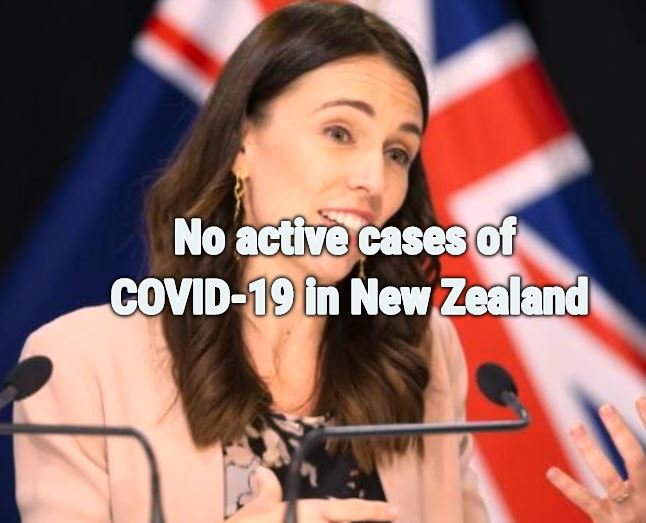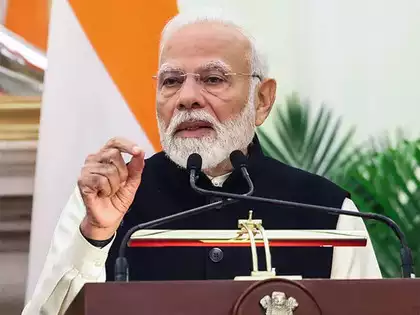The country’s Health Minister stated in a statement on Monday that there are no active cases of COVID-19 in New Zealand since February 28 for the first time.The Health Ministry of New Zealand says that the country that implemented one of the toughest lockdowns worldwide has no more active cases of coronavirus. On 22 May, the last case of the disease was reported.
This was mainly due to the 75 days of restrictions, including a strict lockdown of about seven weeks during which most companies were shut down and all except key employees had to stay at home.
Social distancing is no longer necessary and public gatherings will no longer have any limits, but borders will remain closed in New Zealand.No new Covid-19 cases have been recorded in New Zealand for more than two weeks.
Premier Jacinda Ardern told journalists that she was doing ‘a little dance‘ when it was told that the country no longer had any active cases of viruses.
“Although our position is safer and stronger, there is still no simple way back to pre-Covid life, but our determination and focus on our health response will now be vested in our economic reconstruction,” PM said.
New Zealand has pledged not only to contain the virus, but to eliminate it. This means that the transmission is stopped for a longer period of time after the last known case is cleared and ready for quick detection and isolation of new cases, including foreign cases.
On 25 March New Zealand first locked in, developed a new four-stage warning system, and reached a four-stage level where most firms were stopped, schools stopped down, and people told to stay at home.
It moved into alert level three in April after more than five weeks and allowed food shops and certain non-essential companies to reopen.
As the number of cases in the population continued to decrease, in the middle of May the country reached level 2.
The change to levels one is ahead of schedule – the government initially intended to implement it on 22 June, but it was implemented after 17 days with no new cases.














